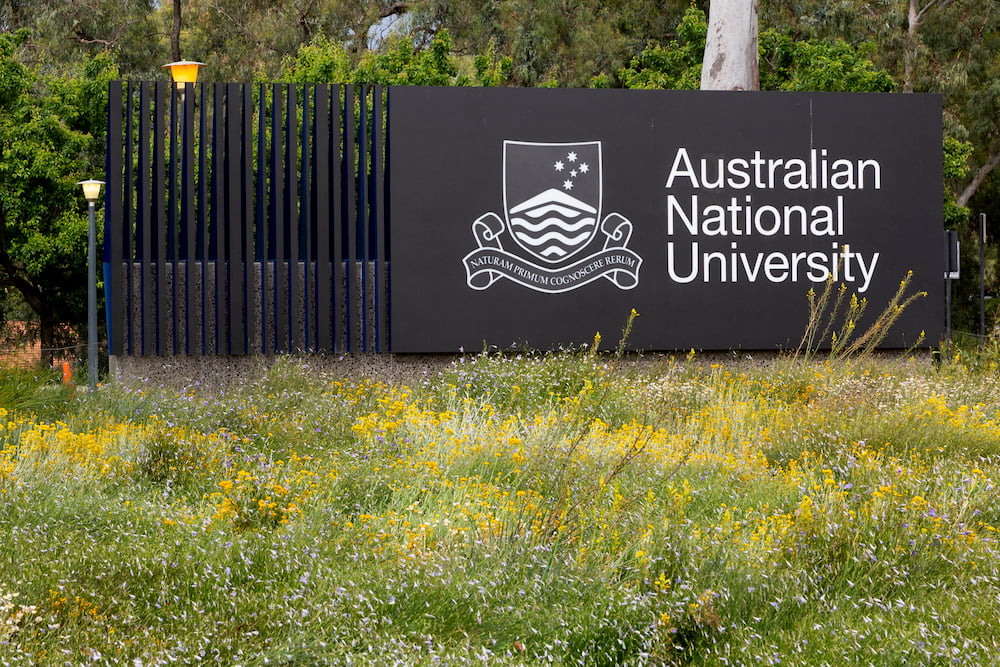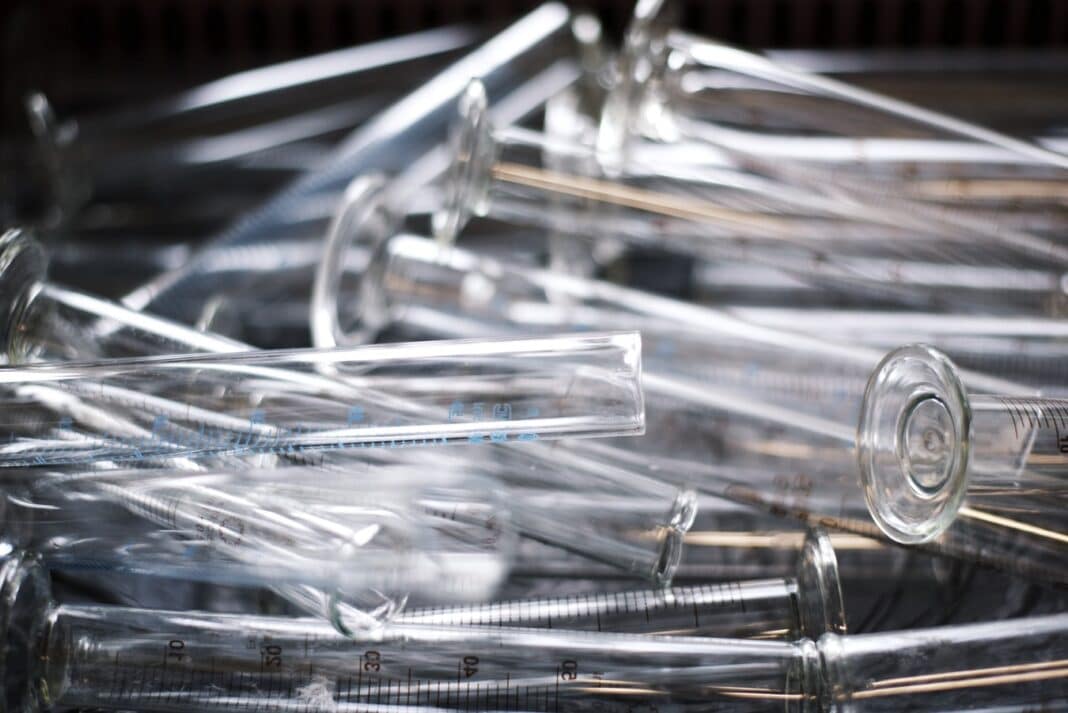Medical scientists are excited about a promising new treatment for sepsis – one of the biggest killers globally – announced today after more than a decade of research by ANU Professor Christopher Parish and his team.
Professor Parish said there is a huge medical need for a treatment for sepsis.
“It is surprising how many people die from sepsis and the medical profession hasn’t yet found a treatment,” he said.
“If this drug works as predicted, it should be a game changer in treating sepsis – one of the biggest challenges in 21st century medicine.
“We hope that we can now treat the untreatable.”

Eleven million people around the world die due to sepsis each year – that’s almost 20% of all global deaths, according to The World Health Organization (WHO).
And in Australia, at least 5,000 people die of sepsis annually, meaning the burden of death from sepsis is greater than the annual national road toll and sepsis causes more deaths than breast or prostate cancer, according to the Australian Sepsis Network.
Sepsis is a dangerous response to many infections, including COVID-19, and it is often fatal.
“Sepsis occurs when pathogens – usually bacteria but sometimes viruses – get out of control and the immune system tries to control them but overdoes the job and causes massive collateral damage,” Professor Parish said.
The drug was developed from compounds originally designed to fight cancer, and Professor Parish said the new medicine was “very safe”.
“Our drug stops patients from feeling very sick due to this uncontrolled collateral damage, a process that can result in multi-organ failure and death.”
Arriving with considerably good timing, researchers said their new drug may help some people with COVID-19 – particularly patients whose lungs are affected by sepsis-like symptoms.
“We have spent 10 years developing this drug to treat sepsis and although not planned, we predict it may have some activity against COVID-19,” Professor Parish said.
“But sepsis will be here long after we control COVID-19 – because it can come in all shapes and forms and a lot of pathogens can induce it.”
Having passed phase one clinical trials in healthy volunteers, the drug has moved on to the next test, another phase one trial with patients being treated for the dangerous medical complication.
It was initially developed on-site at ANU, with further input coming from Griffith University Professor Mark von Itzstein AO and researcher Dr Chih-Wei Chang.
For more news:
- Men’s Sheds help with ‘second wave’ of bushfire recovery
- Golf club creeps closer to closure due to price hike, points to election promise
- Shoplifting in the ACT fell 25% in 2020; can we keep it that way?
- Castley demands answers over Gungahlin Pool closure
- High-profile lawyer and accountant arrested in major organised crime investigation



